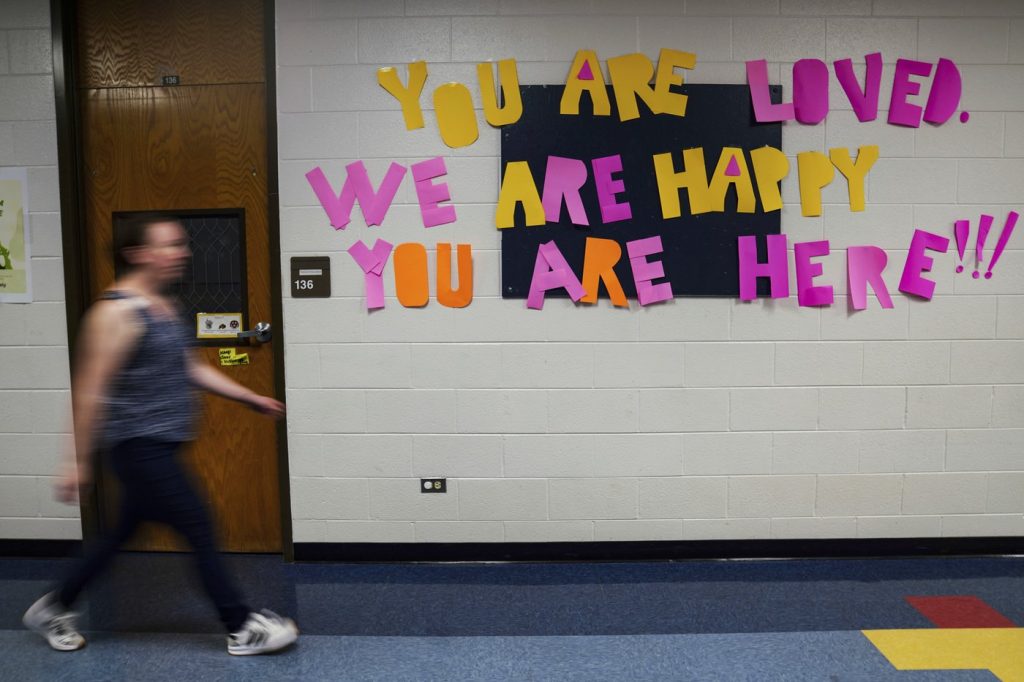The world appears to be reevaluating the concept of the American dream, as the ongoing immigration policies under President Donald Trump spark controversy and alter perceptions globally. Historically seen as a land of opportunity, the U.S. is witnessing a decline in international interest, particularly from students. Edwin van Rest, CEO of Studyportals, notes that the welcoming message of the U.S. has shifted, resulting in a decrease in foreign students' interest in studying in America, marking the lowest levels since the COVID-19 pandemic.
There has long been a romanticized view of immigration in the U.S., often hindered by the realities of racial and ethnic tensions concerning who can be considered an American. Despite this, millions have migrated to the U.S. driven by its strong economy, contributing to a population that has surpassed 340 million. However, recent indicators across various sectors, including tourism and education, suggest that the ideal of the American dream is diminishing among foreigners, who once flocked to the country.
Polling conducted by the Pew Research Center from January to April revealed a decline in favorable opinions toward the U.S. in 15 of 24 countries surveyed. While Trump and his supporters argue illegal immigration threatens American safety and culture, the consequences affect even those who are in the country legally. This situation fosters wariness among potential visitors and existing immigrants, especially in light of Trump's stringent immigration policies, including targeting international students expressing pro-Palestinian sympathies.
The U.S. has historically been a country that encouraged immigration, needing the intellectual and economic contributions of newcomers for growth. However, the nation has long grappled with its identity regarding who qualifies as an American. It has a history marked by exclusion, including the Chinese Exclusion Act of 1882 and the internment of Japanese Americans during World War II. Despite this, foundational principles like equality and freedom, embodied in the "American Creed" attributed to Thomas Jefferson, fundamentally frame the U.S. as a nation of immigrants.
The narrative surrounding Trump's family reflects both triumphs and struggles of immigration. His grandfather, Friedrich Trump, emigrated from Germany in 1885, suggesting even the Trump lineage is tied to the immigrant experience. Yet, this duality is evident as Trump, in his political stance, often perceives immigration as an invasion rather than a contribution to societal fabric.
As of December 2023, immigration was reported to have driven U.S. population growth to the highest rate in 23 years, with nearly 2.8 million more immigrants than the previous year, significantly contributing to the population increase. Yet, Trump's administration insists on strict immigration enforcement, reflecting a shift in public sentiment that aligns with his stance. A June survey indicated that 46% of U.S. adults approve of Trump’s immigration policies, a notable increase over his ratings regarding the economy.
Despite the U.S.'s continued status as an economic powerhouse, perceptions are shifting, with more people viewing China as the leading global economy. Research from Studyportals indicated that interest in U.S. educational programs has halved since early January, with international students seeking stability and predictability in their education decisions. This decline emphasizes how recent governmental actions have adversely affected international confidence in the United States.










